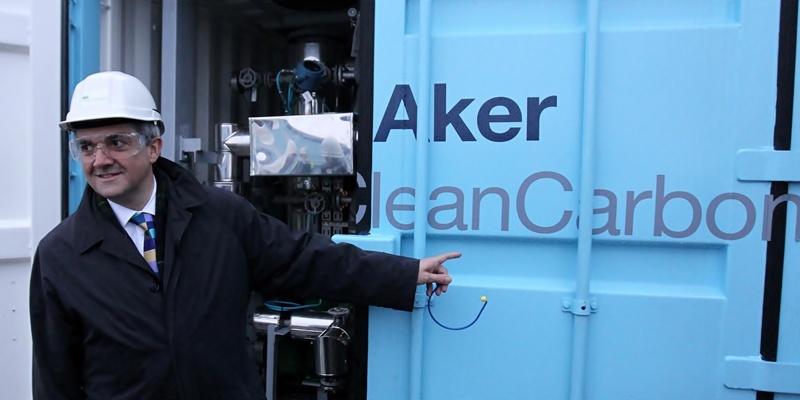Ministers have been urged to come clean on the collapse of the carbon capture project planned for Longannet amid suggestions money was the main motivation behind the decision.
Dunfermline MSP Bill Walker has demanded answers from UK Energy Secretary Chris Huhne and Scottish Secretary Michael Moore after a top ScottishPower official, in a BBC interview, insisted cost was the only reason for the groundbreaking project’s cancellation.
Keith Anderson, chief corporate officer for ScottishPower, told BBC Radio Scotland’s Business Scotland programme that the engineering and design study for the proposed project at Longannet had been ”a huge success” but suggested the estimated £1.5bn bill was too high for the UK Government.
That appears to fly in the face of comments made by Mr Huhne less than a fortnight ago, when he said the Longannet scheme had been dropped by the Department of Energy and Climate Change largely because of specific technical problems, such as the length of pipeline needed from the Fife coast to the North Sea oil fields where the carbon was to be pumped.
”It is time for straight answers from the UK Government,” Mr Walker told The Courier. ”Longannet and the workforce there have been let down appallingly.
”UK ministers were happy enough to visit Longannet for publicity and pictures but were not willing to put up the long-term investment that would put Scotland and Fife at the future of clean energy generation and boost employment across the area.”
He added: ”Chris Huhne has been caught out. ScottishPower are clear it could be done and that there were no technical difficulties. The Lib Dems and UK Government owe the people of Fife a straight answer.”
News that the Longannet project will not go ahead was described as ”deeply disappointing” and an ”enormous lost opportunity” by First Minister Alex Salmond, while Labour leader Iain Gray said it was a ”dagger blow” to the people of Fife.
It was the only contender in a long-running government competition for a plant to trial CCS technology and prove its benefits.
More than 400 experts in offshore and pipeline engineering and planning spent four years studying the viability of commercial CCS at Longannet, while ScottishPower described the project as ”the most detailed and comprehensive design of a commercial-scale end-to-end CCS project ever conducted in the UK or Europe”.
From 2014-2020 construction of a CCS facility at Longannet was projected by Scottish Enterprise to create 1,546 jobs, with 196 more expected during the plant’s lifetime.
Estimates also suggested Longannet would have contributed £890m to the Scottish economy during construction and £272m a year once up and running.
Mr Anderson told BBC Scotland that ScottishPower had put forward the ”most detailed study ever done on CCS and the cost associated with it” to avoid the cost spiralling out of control.
He said: ”The UK is littered with people jumping into big infrastructure decisions and then finding out halfway through they were more difficult than we thought, a bit more costly than we thought, and they would take twice as long as we thought.
”We were absolutely determined that was not going to happen with CCS.”
Asked about the technical problems, Mr Anderson said: ”There are a whole load of features and things that feed into the category of cost, around the technical difficulties of installing and developing and building the unit, the difficulties around pipelines, around storage. All of that fed into the engineering study, so it all plays a part in that decision-making process.
”But fundamentally where we reached was: ‘Here’s how much it’s going to cost. Does the government think in the current climate is this is a sensible use of £1.5bn?’ They came back and told us: ‘No, therefore we have to bring the process to an end’.”
Announcing the collapse of the project, Mr Huhne outlined his belief that £1bn could demonstrate the technology but stressed it had to be ”spent in the most effective way”.
Photo Andrew Milligan/PA Archive
